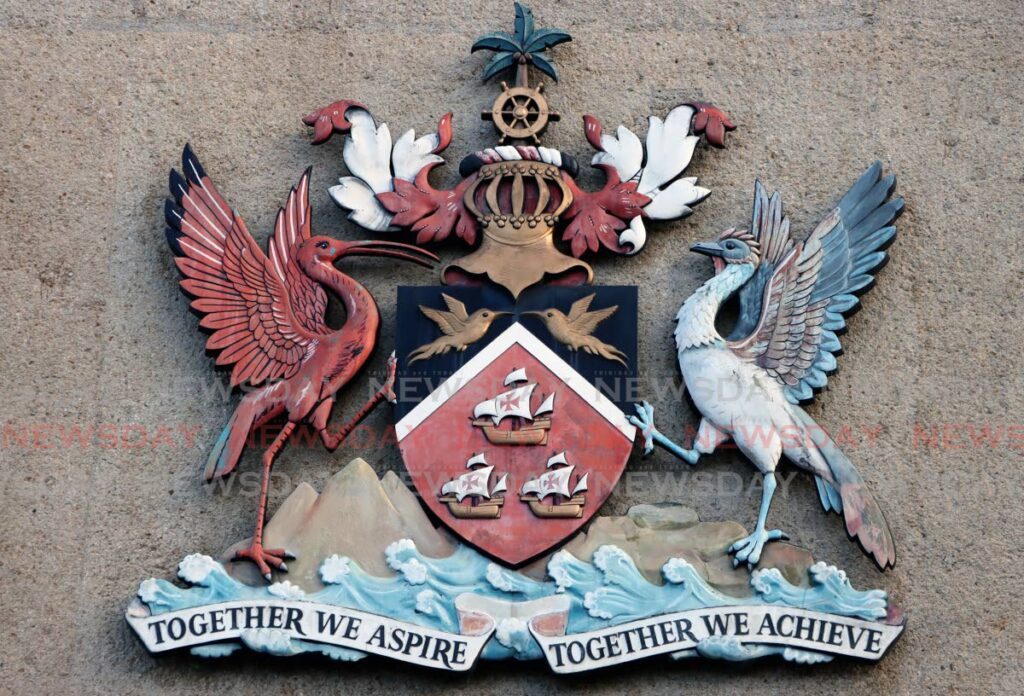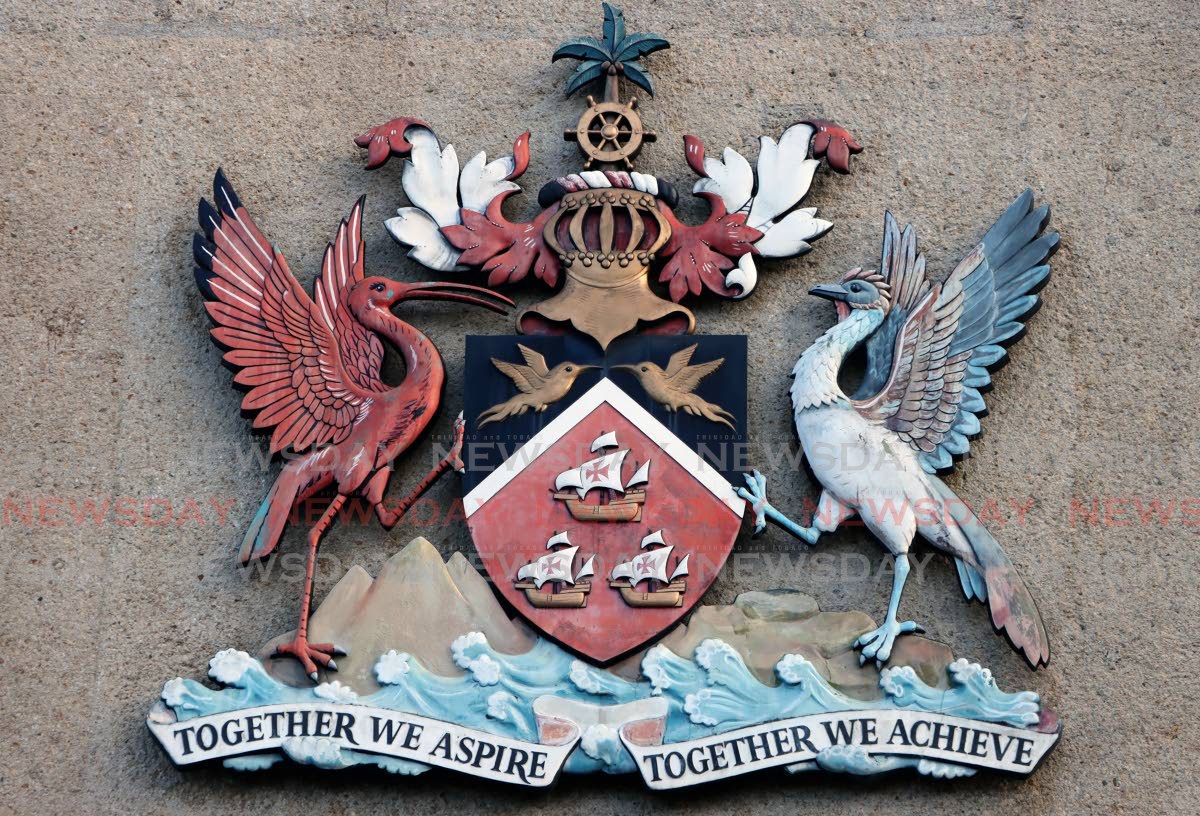On coat of arms, race, term limits
Newsday

THE EDITOR: Out of all the things that came out of the PNM convention on constitutional reform, we are focusing on a 3-D image that is a picture. A coat of arms is supposed to depict and identify the character of the thing it represents. If we take this to be true, then we are, through this debate, trying to define what and who it is we really are, what kind of people we aspire to be.
To those of you who say we are rewriting our history by removing the Columbus ships, I say we are refusing to honour the contribution of Columbus; there is a difference. We are choosing to honour the steelpan because it is something that is particularly ours, discovered, created, produced and propagated throughout the world as the only instrument of the 21st century.
If we are saying that the coat of arms must reflect our identity, then who do we identify as? All too often, when you ask anyone, they respond with reference to their ethnicity. I have had to defend my identity as a Trinidadian against people who refer to me as Indian. I normally respond with India is a country and a nationality, it is where my great-great grandmother came from in search of a better life. Every Arrival I celebrate the fact that I, in local parlance, “reach.”
My passport is from TT; this makes me a Trinidadian. My taste in music is Trinidadian, I adore the lifestyle, the party and joyfulness of the lime, etc. You get my drift? There is, in short, a Trinidadian/Tobagonian personality. This is the crux of our identity as an independent and new society. We will never be patriots as long as we identify according to our ethnicities.
Enter the tassa. This is what happens when as a nation you score below average in English; you will confuse “popular” with “local.” Tassa is not local, it is popular. Steelpan is both local and popular.
I expect this debate to intensify if we are to identify a national dish. To my mind a “curry stew” of anything is the one.
Now let me get back to my original point, the convention on constitutional reform. Of all the things that were said, I have more of a problem with not having a fixed election date. Why? Because it levels the playing field, and I like fair play. I have more of a problem with not having term limits, whether it be two terms or three. Why? Because I believe that power corrupts, and absolute power corrupts absolutely.
I am not saying that you cannot have good men in politics because you can, but all too often ambition and hubris take over. On the international stage, we have seen a one-term president visibly weakened by age give way to a new generation. While on the national front, PNM political leader Keith Rowley has given notice of his departure from political life.
When Rowley demits office he will be the only TT political leader in history to do so, sacrificing ambition and vanity for country and party. His signal intention speaks volumes as to his belief in deepening the democracy and the reason that I say this is because he has done this at a high point in his career, unlike US President Joe Biden who was, if we are honest, pressured to do the right thing.
Finally, the biggest problem that I have and the one provision that I am in agreement with the PNM convention is that of proportional representation. This will not bring unity, it is divisive and counter-intuitive to nationalism.
So, as important as the coat of arms is, I think we are discussing the wrong things as usual, opting in favour of the superficial as opposed to the fundamental.
SATU-ANN INDIRA RAMCHARAN
Maraval

